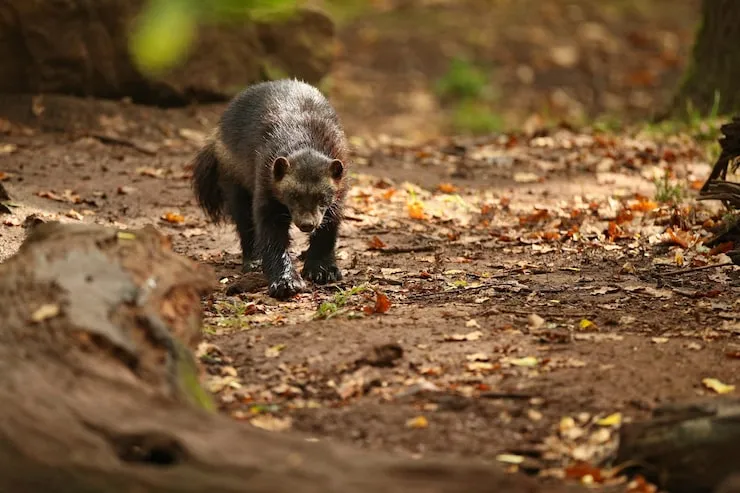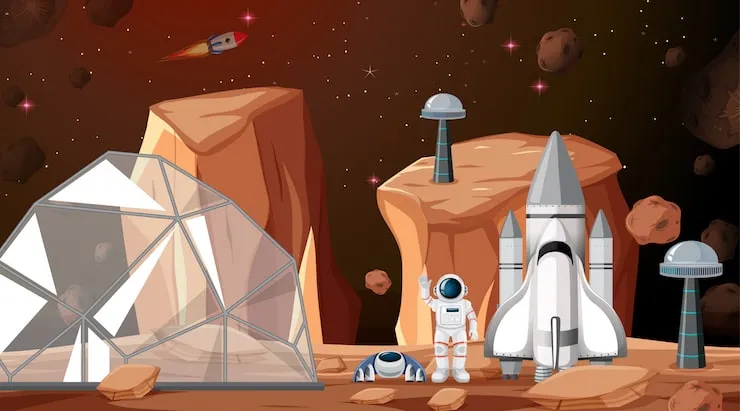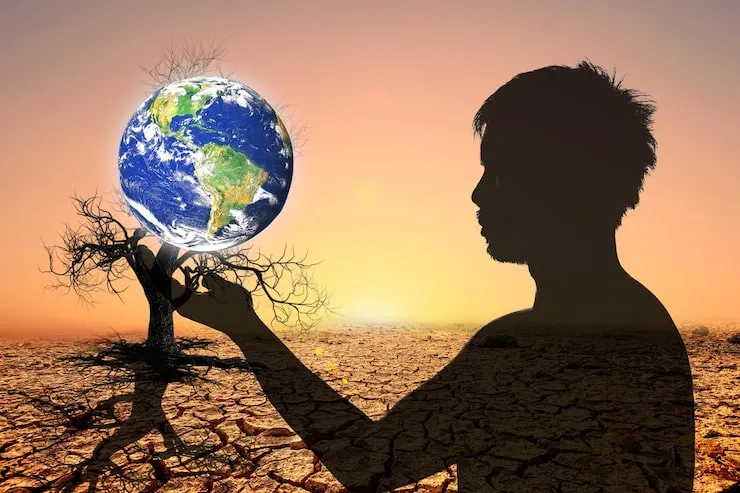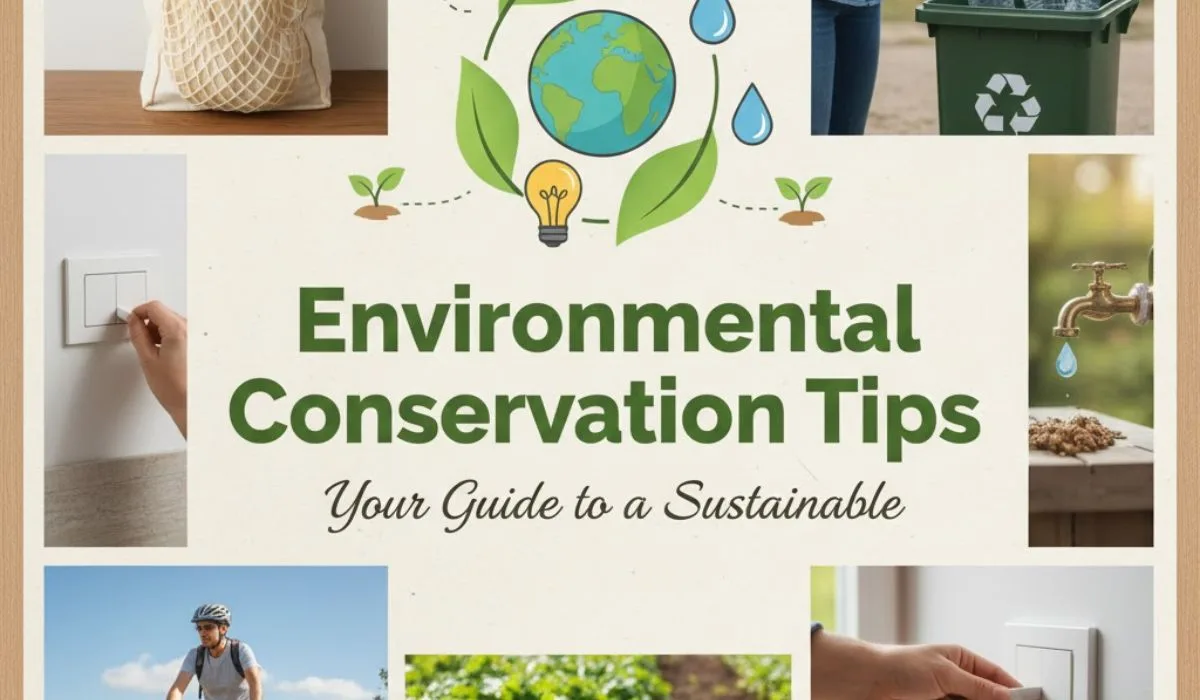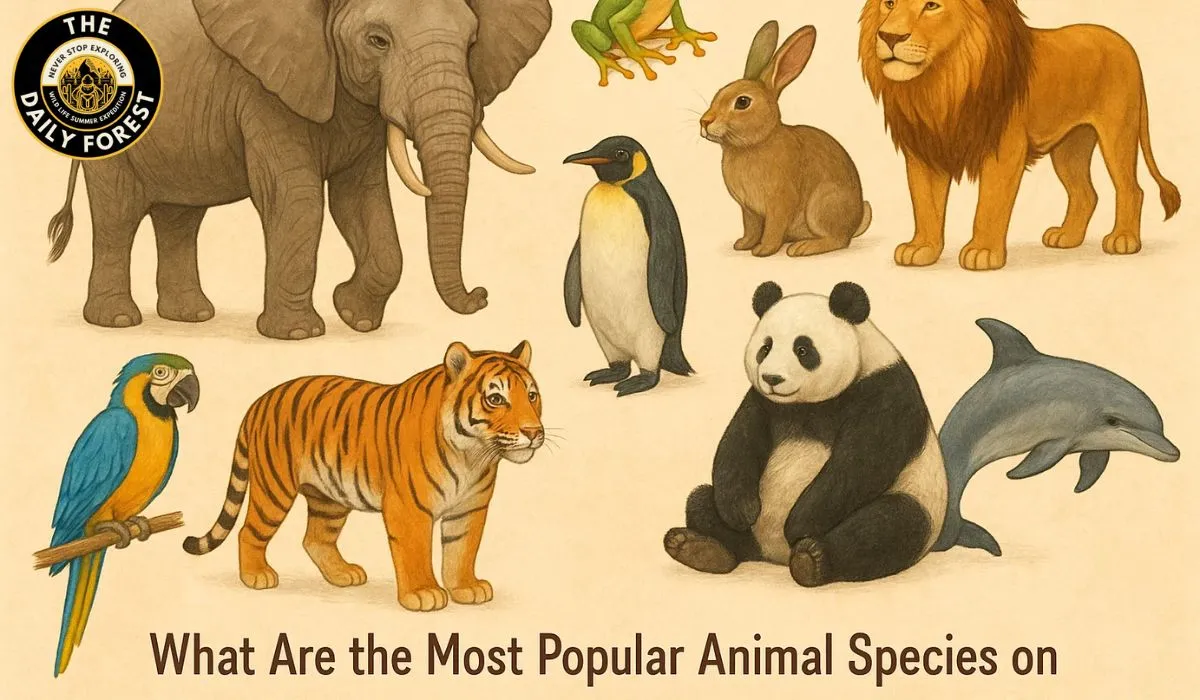Since the beginning of time, humanity has had a significant impact on the environment and still does. Have you ever considered how I may be able to stop the impacts of global warming, which are now being felt? So let's examine this together.
Global Warming: What Is It?
Global warming is defined as "the detected increase in temperature on Earth and in the lower layers of the atmosphere (lower and middle troposphere) due to the strengthening of the natural greenhouse effect with the effect of urbanization, especially since the industrial revolution and the rapid increase in the accumulation of greenhouse gases in the atmosphere by various human activities such as burning fossil fuels, deforestation, agricultural activities, and industrial processes."
The world's population density is growing, as are migration and urbanization trends, rising living standards, the excessive and ever-increasing use of fossil fuels over the past 150 years—such as coal, oil, and natural gas—and the changes in land cover brought about by the rise in intensive industrial production. The main causes of global warming are the gases and particles that are released into the atmosphere.
Which Gases Are Responsible for Global Warming?
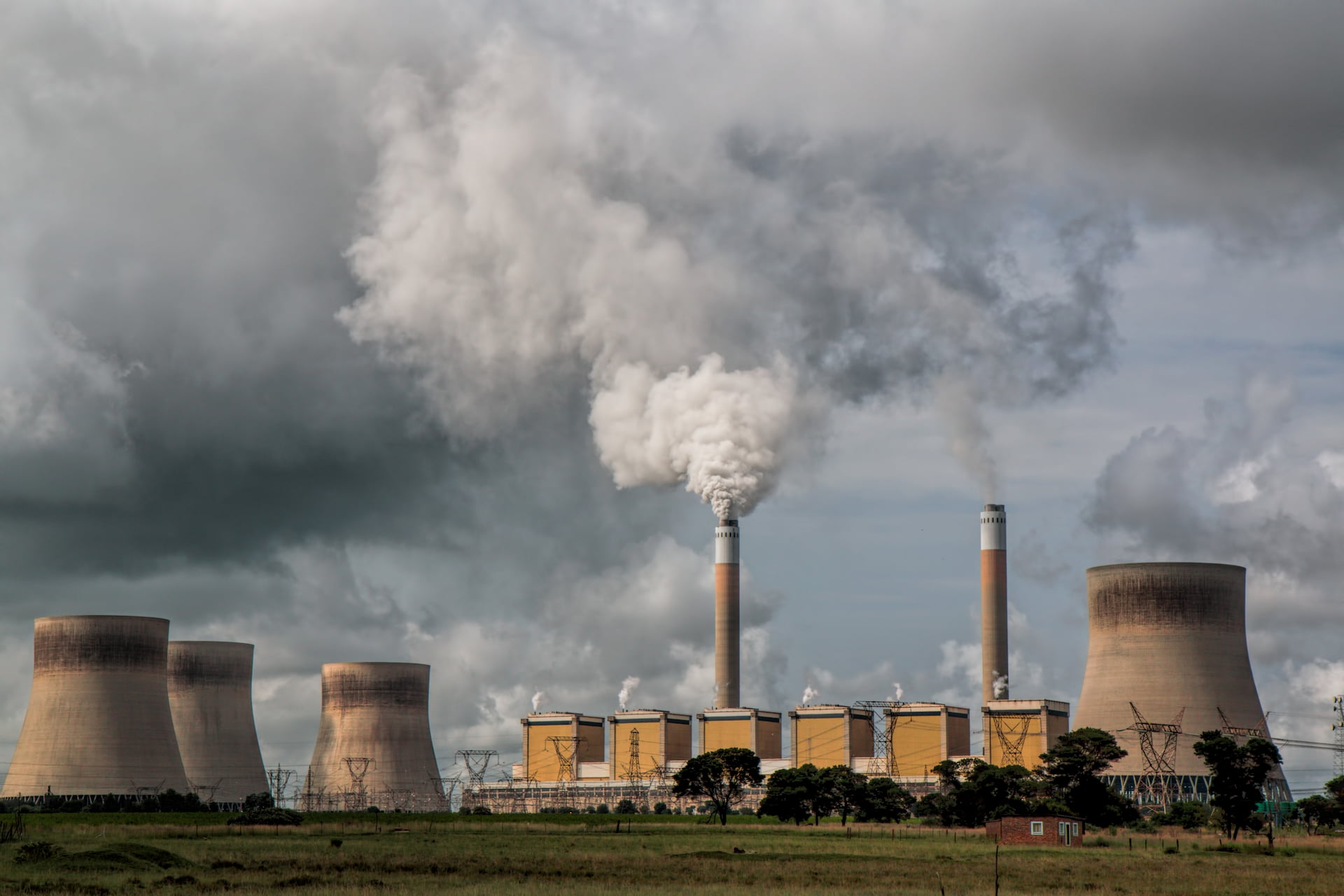
Chlorofluorocarbon (CFC) emissions, which lower the concentration of ozone (O3) and greenhouse gases including carbon dioxide (CO2), methane (CH4), and nitrous oxide (N2O), have increased significantly in the atmosphere. The present issue of global warming and climate change is a result of the greenhouse process intensifying in the atmosphere as a result of these increases.
How Can Global Warming Be Prevented?
1. Reduce The Use Of Your Own Car And Switch To Public Transportation
Instead of using your own automobiles, use public transportation, your bike, or a stroll. For every kilometer that an automobile powered by gasoline is not utilized, 150–380 grams of carbon dioxide are avoided. Reduce traffic and pollution to help our cities become cleaner.
2. Use Fewer Goods That Come Packed
Packaging made of plastic should be recycled since it takes a millennium for it to vanish from the natural world. Take care not to purchase using plastic bags. Make reusable shopping bag purchases. Recognize this in your surroundings as well. We can now put the 3R (Reduce-Reuse-Recycle) Target into practice. The 3R aim may be successfully attained by prioritizing "reduction," "reuse," and finally "recycling."
3. Plant Trees
Planting trees is the first step we should do in the battle against global warming. By both absorbing and reflecting part of the solar heat, trees serve as insulators, lessening the heat and drying impact of solar radiation. Every year, plant at least one tree. One ton of carbon dioxide is absorbed by a tree throughout its lifetime. Furthermore, Ecologist Thomas Crowther, a researcher at ETH Zurich, said that "trees are the most powerful weapon in combating climate change."
4. Conserve Water

Conserving water is crucial to the battle against global warming. In geography, where water supplies are scarce, even tiny actions may have a significant impact. By taking steps like changing the batteries in our household faucets, fixing leaky installations, brushing your teeth quickly, and taking a shower, you may reduce the total quantity of water you consume annually. The United Nations World Water Development Report 2020 states that throughout the last century, water demand has grown six times. According to the research, wetlands are "essential" to safeguard because they prevent floods, clean the water, and store just as much carbon as trees. Report editor Richard Connor said, "You're saving energy if you're saving water." The amount of greenhouse gases released in order to generate electricity for the provision of water would so go down, he added.
5. Switch Off All Of Your Electronics
Energy-efficient: Select gadgets that are good for the environment. Don't use your energy-efficient equipment excessively, even if it is one. If you are going to be away from home for an extended period of time, turn off your refrigerator. Avoid using the heater excessively or needlessly throughout the winter. When not in use, coffee makers, microwaves, and desktop PCs with LED clocks all utilize electricity. Unless you need these gadgets, turn them entirely off. These little savings add up to significant savings when you compute the total energy saved at the end of the year.
6. Aim To Use Sustainable Energy Sources
The carbon footprint associated with the world's energy use may be decreased by using renewable energy sources. By 2030, increasing the proportion of renewable energy may cut emissions by almost half. When paired with energy efficiency, this might keep the average global temperature increase below 2 °C (1.5 °C), averting a catastrophic global warming event. These factors make me a fan of more renewable energy sources like solar and wind power.
Read Also: Essential Wildlife Photography Tips
7. Cut Down On Your Consumption Of Meat
Research indicates that the production of animals accounts for a minimum of 15% of the global emissions of greenhouse gases. Compared to greenhouse gas emissions from land and air travel, this ratio is larger. Whereas the generation of manure produces CO2, animal digestion releases methane gas into the atmosphere. Fossil fuel use in animal agriculture is another significant environmental issue. However, the manufacturing of animal feed, particularly soy, results in deforestation, which lowers the planet's ability to eliminate greenhouse gases. Carbon emissions are decreased by eating more fruits and vegetables that are produced nearby and less meat.
Seasons are becoming shorter due to global warming, which also weakens the food chain, causes droughts, reduces the quantity of fresh water on Earth, causes illnesses, and melts glaciers. Everybody has some of the blame and involvement in global warming. The Earth may someday become uninhabitable due to global warming. We can face worse outcomes if we don't alter our way of life and routines. The moment to act is now.

.webp)
